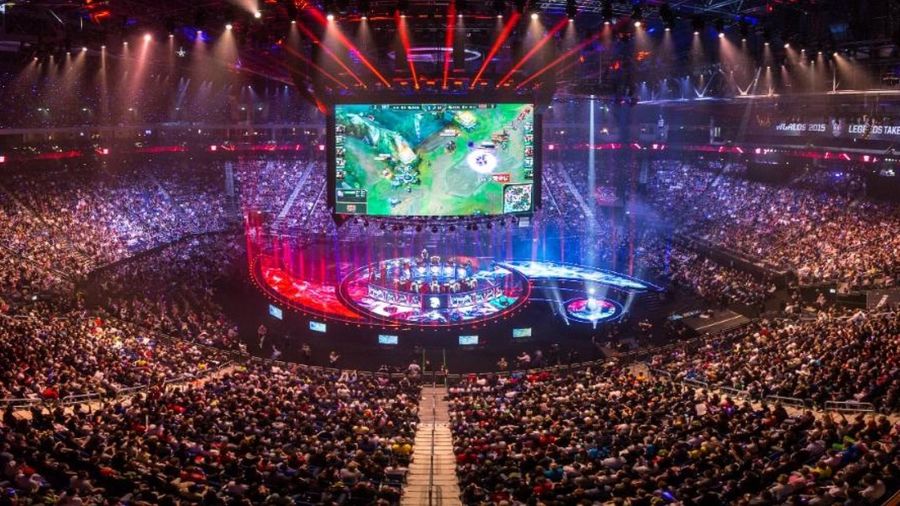Online gaming has become so popular and with new games coming up every now and then, it is seeking a lot of attention. With this, even the myths surrounding online gaming is being spread across the players and non-players.
Some of the most common myths are listed below:
Myth 1: Leads to isolation
The common myth that people have about online games is that it makes the players less sociable and they loose connectivity with the real world. Whereas, the reality is the exact opposite. Studies have shown that online gaming can actually build sociability skills of the players. Online gaming sites have chat tools where the players can interact with each other and what’s greater than meeting people with the same interest as you.
Myth 2: Provokes violent activities
Another common myth among people is that it drives the players crazy and indulges them into violent activities. The high graphics and animations of these games makes them appear like it. But when you think about it, these games requires the players to be more patient and agile than to be violent.
Myth 3: It is not addictive
Most players are in the delusion that only irresponsible people become addicted . Anything can be addictive if done in excess, be it drugs or online gaming. The players must know when to stop and take the right step. If players are unable to do it, they must immediately seek help.
Myth 4: Girls don’t play them
This is a myth observed all over the world that girls don’t play or rather gaming is not a girl’s thing and that online gaming is only meant for men. According to the reports, more than 80% players of online bingo and casino games are women. Women love gaming as much as men do, not playing them is rather a personal choice.
Myth 5: Online gaming is a waste of time
Most think that online gaming is a waste of time and money. But that’s not true. It is proven that playing online games can actually boost the mental health and increases the IQ of the players. Online games require a lot of thinking and more of a strategic thinking. It helps in increasing problem solving ability and sometimes triggers their brains to think out of the box.











![[Rumor] Chrono Trigger remake or remaster could already be in development](https://vgleaks.com/wp-content/uploads/2026/02/chrono-trigger-150x150.jpg)


